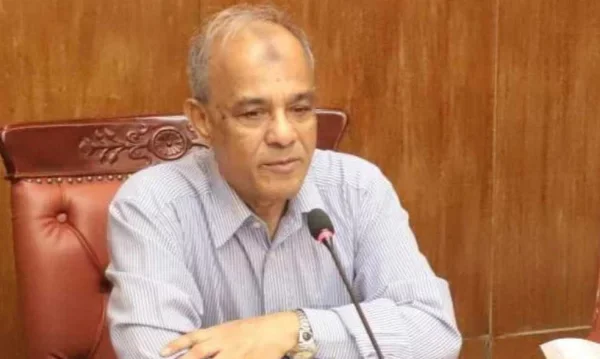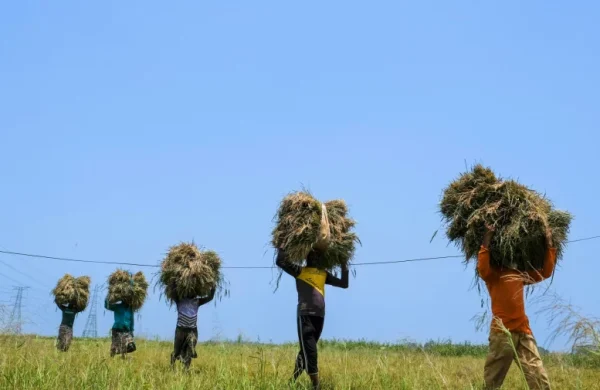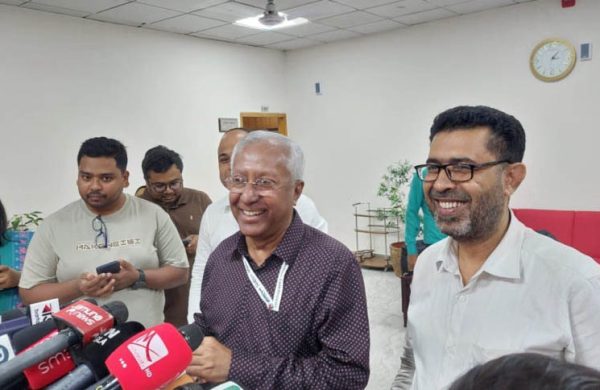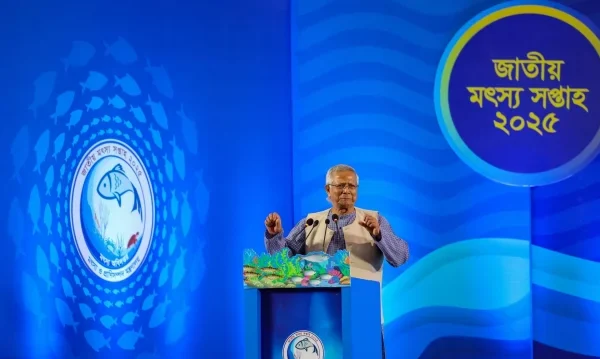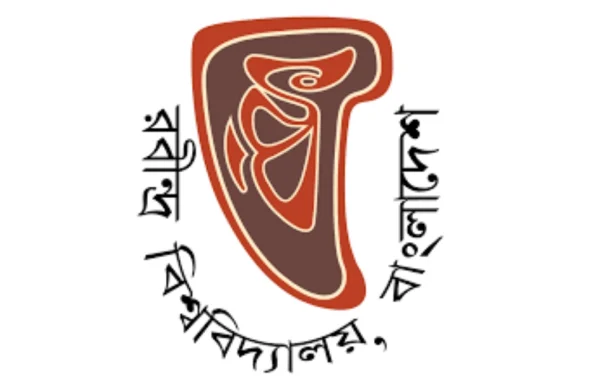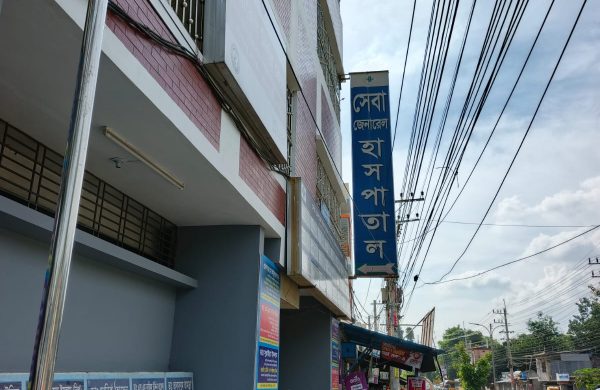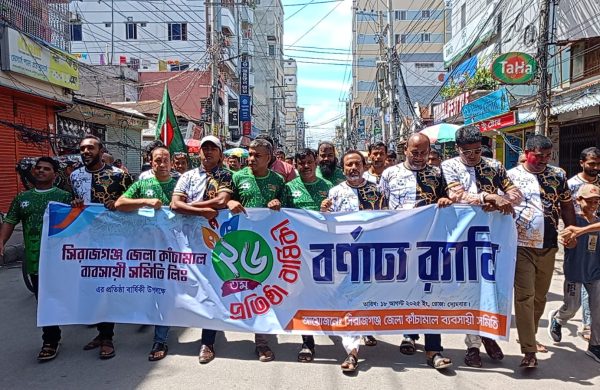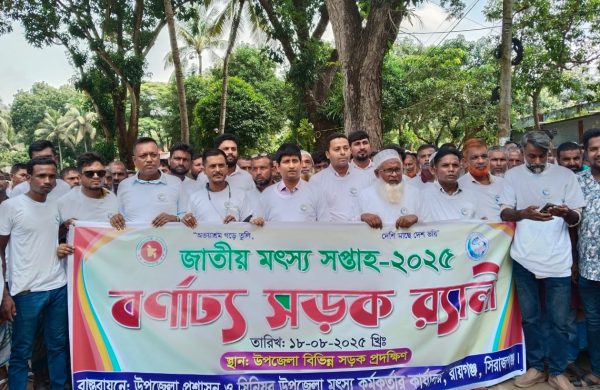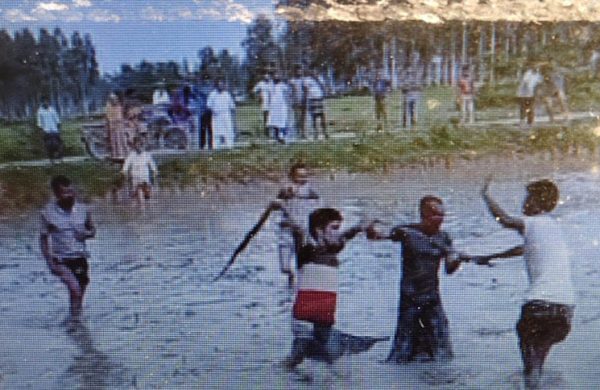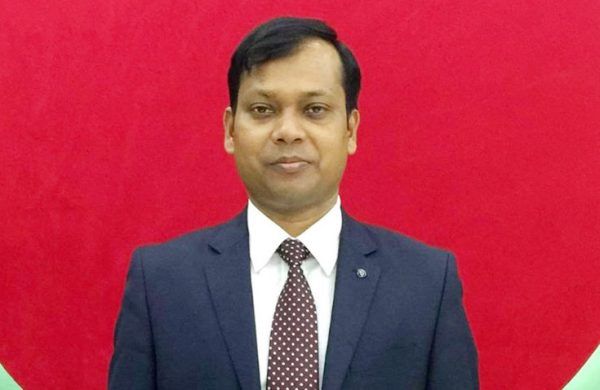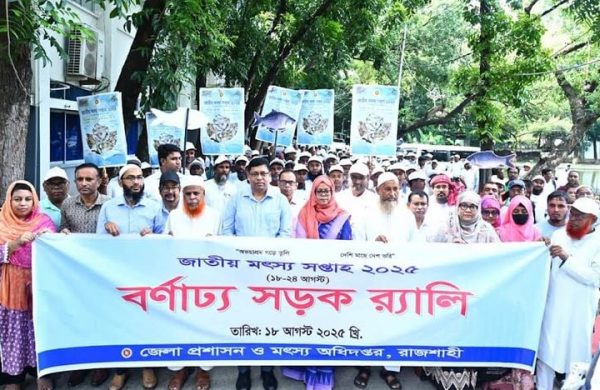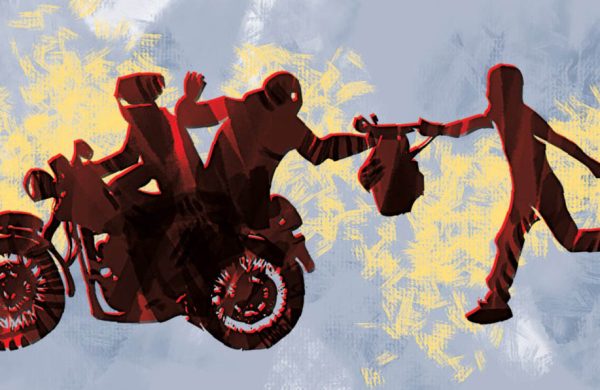BDR carnage a result of longstanding conspiracy: Commission
- Update Time : Wednesday, June 25, 2025
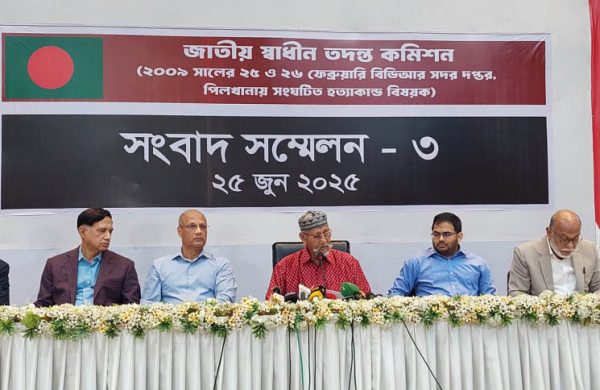
Staff Correspondent:
The National Independent Investigation Commission has marked Pilkhana Massacre in BDR Headquarters as the result of longstanding conspiracy.
The commission also finds various level of involvement of political leaders with the carnage that took place on on 25 and 26 February in 2009.
The investigation commission formed by the interim government revealed several findings at a press conference held on the 7th floor of the newly constructed BRICM building in Dhaka’s Science Laboratory area on Wednesday morning.
The written statement was delivered by the commission’s chairperson, Major General (retd) ALM Fazlur Rahman.
According to the statement, testimonies suggest that unnecessary delays under the pretext of political resolution and the inaction of the armed forces and other law enforcement agencies enabled the rebels to commit murders and other crimes without resistance.
Despite repeated pleas and appeals from trapped officers and their family members inside Pilkhana from the morning of 25 February, no action was taken.
Fazlur Rahman said that based on the analysis of the information gathered so far, it can be concluded that the then-command of the armed forces and law enforcement agencies failed to make timely decisions.
Their inaction at that time meant they did not take effective measures to prevent the mutiny and killings, he added.
The investigation commission further stated that available evidence indicates severe negligence and failure on the part of the then-intelligence agencies in fulfilling their duties.
An analysis is underway to identify the nature and causes of this intelligence failure. Attempts to divert the course of events and destroy evidence have also been detected. The individuals and institutions responsible are
The commission’s chairperson noted that during the massacre at Pilkhana, certain media outlets broadcast biased reports that appeared to incite the mutiny.
Additionally, efforts were made to tarnish the image of military officers deliberately, Fazlur Rahman said adding testimonies and evidence from victims and eyewitnesses point to possible foreign involvement, which is currently under review and analysis.
Based on available information, the commission’s chairperson said the commission believes that timely military intervention could have prevented the horrific killings and associated crimes.
ADDITIONAL FINDINGS
The press conference also outlined the nature of crimes committed inside Pilkhana. Testimonies from surviving officers and their families paint a harrowing picture of the events. In addition to the targeted killing of officers, their family members were subjected to inhumane abuse.
Crimes included physical assault of women and children, armed threats, destruction of homes, confinement in the Quarter Guard without food or water under inhumane conditions, destruction of state and personal property, tampering with evidence, arson, and more. The commission continues to analyse the information received.
158 INDIVIDUALS INTERVIEWED
At a press conference, it was announced that a total of 158 individuals have been interviewed so far. Testimonies from approximately 50 more people are yet to be collected. Statements have been taken from eight political figures, three of whom were interviewed in prison, while three appeared in person. Two fugitive Awami League leaders—Jahangir Kabir Nanak and Mirza Azam—submitted their statements via email.
The investigation commission reported that detailed statements from six members of the families of the martyrs have been recorded. Two conferences were held with members of the martyr families, during which they shared their experiences and opinions.
All willing family members were requested to submit written or in-person testimonies to the commission, and many have already done so. Fifteen surviving officers have been interviewed.
Additionally, 50 surviving officers were sent individual letters via Army Headquarters requesting them to submit written statements. The commission held two consultation sessions with them to discuss various issues.
The commission also reported that statements from 55 military officers—who were either directly involved in or held significant roles during the Pilkhana tragedy—have been taken.
Among them are former chiefs of the Army, Navy, and Air Force, as well as heads of various intelligence agencies and other high-ranking officials.
Statements have also been collected from 20 civilian individuals, including journalists, bureaucrats, members of previous investigation committees, the then IGP, DMP commissioner, and other police officials.
Interviews have also been conducted with nine civilians, including businessmen, telecommunications experts, and other professionals who possessed relevant information.
Testimonies were recorded from 25 convicted BDR members currently in prison, who provided accounts of the incident and details about those involved, which are now being analysed.
Interviews are ongoing, and an additional 29 BDR members who have been released from prison have also been interviewed.
TRAVEL BANS ON 33 INDIVIDUALS
The commission stated that travel bans have been imposed on 33 individuals based on collected information and for further testimony collection. The commission has issued three special notices urging absconding individuals to provide their testimony.
INFORMATION GATHERING IN PROGRESS
The commission also reported initiating steps to gather information from the embassies of six countries and the office of the UN Resident Coordinator in Dhaka.
Individuals, institutions, and media outlets possessing information on the Pilkhana tragedy have been requested to submit their materials to the commission.
According to the commission, a preliminary draft of the investigation report has been prepared based on the testimonies received and is currently under review by the commission members. Testimony from several key witnesses is still pending, and some important individuals may need to be re-interviewed for further analysis.
The press conference noted several challenges, including difficulties in locating some crucial witnesses. Multiple public notices have been published in newspapers to draw their attention. Some important documents requested from domestic and foreign organisations are yet to be received, and efforts to obtain these are ongoing.
COMMISSION SEEKS EXTENSION OF DEADLINE
The commission noted that testimonies from over 50 individuals are still pending, and re-interviews with a few others will be necessary. The process of compiling, signing, and analysing the full written statements is ongoing and time-consuming.
As contact is still being made with some foreign embassies and organisations for additional information, the commission has requested an extension of the submission deadline for the final investigation report until 30 September.



